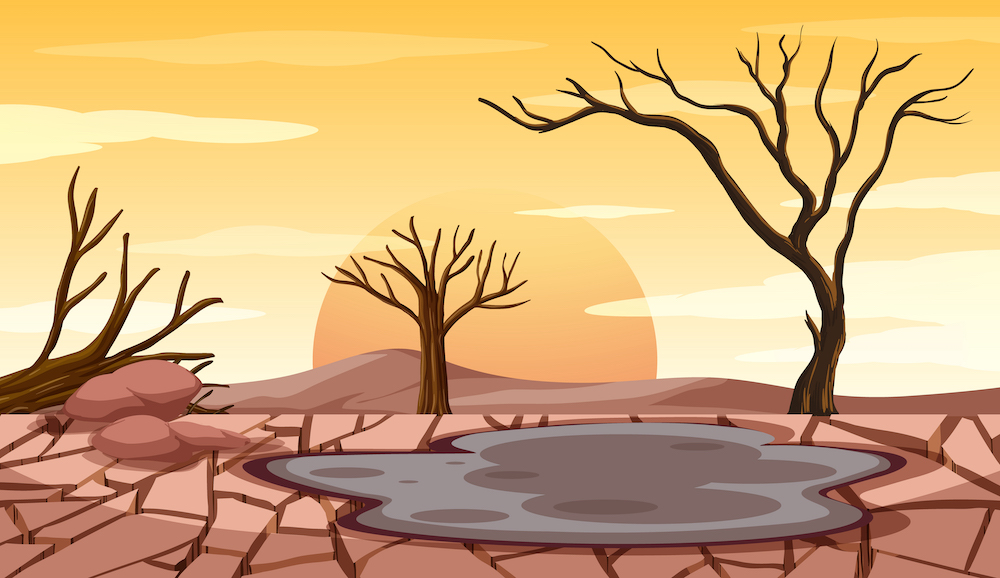AESA PROGRAMMES
- Building R&D Infrastructure
- Developing Excellence in Leadership, Training and Science in Africa (DELTAS Africa)
- Human Heredity and Health in Africa (H3Africa)
- Africa’s Scientific Priorities (ASP)
- Innovation & Entrepreneurship
- Grand Challenges Africa
- Grand Challenges Innovation Network
- Rising Research Leaders/Post-Docs
- AESA RISE Postdoctoral Fellowship Programme
- African Postdoctoral Training Initiative (APTI)
- Climate Impact Research Capacity and Leadership Enhancement (CIRCLE)
- Climate Research for Development (CR4D)
- Future Leaders – African Independent Research (FLAIR)
- Critical Gaps In Science
- Clinical Trials Community (CTC)
- Community & Public Engagement
- Mobility Schemes: Africa-India Mobility Fund
- Mobility Schemes: Science and Language Mobility Scheme Africa
- Research Management Programme in Africa (ReMPro Africa)
- Science Communication/Africa Science Desk (ASD)
- Financial Governance: Global Grant Community (GGC)
- AAS Open Research
- CARI Programmes
- Evidence Leaders Africa (ELA)

News
Commonwealth Science Conference to focus on resilience against global environmental crises

162
Commonwealth Science Conference to focus on resilience against global environmental crises
For immediate release: 19 November 2020
Leading scientists from Commonwealth nations will gather at a conference to explore how science can help the world build resilience against the challenges posed by global environmental crises.
Co-hosted by the Royal Society and the African Academy of Sciences (AAS), the Commonwealth Science Conference 2021 ‘Science for a Resilient Future’ will take place virtually, due to coronavirus restrictions, from 22 to 26 February. Conservationist and broadcaster Sir David Attenborough will address the delegates.
The main themes will be:
- Developing resilient energy systems – decarbonising energy consumption, mitigating climate change, and moving towards a circular economy
- Nurturing resilient ecosystems – strengthening biodiversity, and sustainable stewardship of the oceans
- Building resilient societal systems – adapting to changing climate and addressing the health impacts of Covid-19
Notable speakers include:
- Donna Strickland; Canadian professor and recipient of the Nobel Prize in physics and one of the world’s foremost laser physics pioneers;
- Richard Leakey, Kenyan paleoanthropologist, conservationist and environmental campaigner;
- Dr Gagandeep Kang, one of India’s leading medical scientists known for her work on the development and prevention of enteric infections in children;
- Peter Doherty, Australian winner of the Nobel Prize in medicine for transplantation and “killer” T cell-mediated immunity.
Professor Richard Catlow, foreign secretary of the Royal Society and co-chair of the conference said: “Climate change, loss of biodiversity and increasing energy consumption based on non-renewable sources all threaten our world. These global environmental crises need global solutions.
“The 54 Commonwealth nations represent nearly a third of the world’s population and a hugely diverse mix of societies and economies. Bringing together the best Commonwealth researchers to showcase scientific excellence and share their experiences and perspectives will help drive the scientific innovation needed to make us more resilient to the challenges the future holds.”
The Royal Society and AAS are co-hosting the conference following the success of their existing partnership that supports cutting-edge scientific research in sub-Saharan Africa, which addresses challenges faced by developing countries.
Professor Catherine Ngila, the Acting Executive Director of the, African Academy of Sciences (AAS) and co-chair of the conference, said: "We are not only bringing together scientists to showcase their science but to also discuss ideas on how we can build more resilient societies so we can better plan the future of the continent and the globe. If we have learnt anything from Covid-19, it is to always be prepared for the unexpected.
“We already know the impact of climate change and the urgency to act now to avert its long-term consequences. The pandemic has reminded the Africa continent and indeed the rest of the world, to prioritize research on those key areas that have the highest impact on the welfare of our communities, such as health, climate change and food security as well as invest in technology, which continue to drive industrialization. Sound public policies, building capacity of our people and regular evaluation of our performance as Governments and Institutions, are crucial.”
The conference is part of a wider programme, led by the Royal Society, to strengthen ties between scientists from across the Commonwealth. Previous conferences were held in Singapore in June 2017 and Bangalore in November 2014.
Participation in the 2021 conference is by invitation only, but key speeches and presentations will be made available to the public online. For further information visit www.royalsociety.org.
Ends
Media enquiries:
Lucia Hadjiconstanti, Royal Society Press Office in London, UK
Email at Lucia.Hadjiconstanti@royalsociety.org; call 0207 451 2514 or 07939 320 759
Notes to editors:
The conference is funded via the UK government’s Global Challenges Research Fund (GCRF), part of the UK’s Official Development Assistance (ODA).
The Royal Society is a self-governing Fellowship of many of the world’s most distinguished scientists drawn from all areas of science, engineering, and medicine. The Society’s fundamental purpose, as it has been since its foundation in 1660, is to recognise, promote, and support excellence in science and to encourage the development and use of science for the benefit of humanity.
Follow the Royal Society on Twitter (@royalsociety) or on Facebook (facebook.com/theroyalsociety)
The African Academy of Sciences (AAS) is a non-aligned, non-political, not-for-profit pan African organisation.
The AAS’ vision is to transformed lives on the African continent through science. Our tripartite mandate is recognising excellence through the AAS’ highly prestigious fellowship and award schemes, providing advisory and think tank functions for shaping Africa’s Science, Technology and Innovation (STI) strategies and policies, and implementing key STI programmes addressing Africa’s developmental challenges through an agenda setting, funding and programme management platform, the alliance for accelerating Excellence in Science in Africa (AESA), an initiative of the AAS, African Union Development Agency (AUDA-NEPAD) and global partners. The Academy’s five strategic focus areas include: Environment and climate change; health and wellbeing; natural sciences; policy and governance; and social sciences and humanities.
Join us on Facebook.com/AASciences and Twitter @AASciences and learn more by visiting www.aasciences.africa. For further information contact Deborah-Fay Ndlovu, African Academy of Sciences at d.ndlovu@aasciences.africa; +254 727 660 760